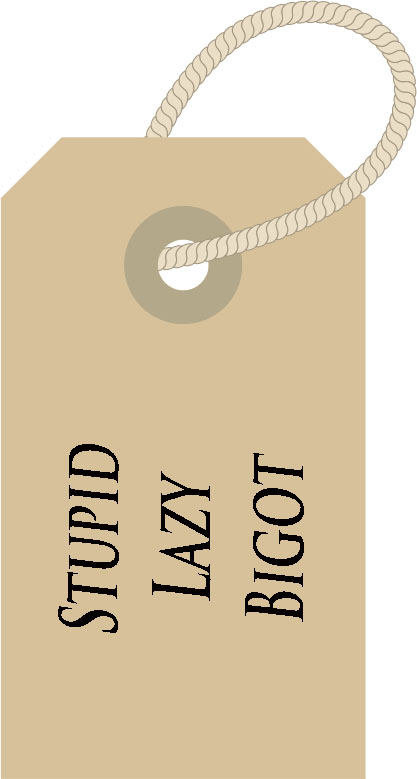The Proper Bounds of Political Correctness
In my experience, political correctness is invoked more as a way to stifle requests for courtesy and consideration than it is to actually stifle freedom of speech. People here in the southern part of the country want to avoid the charge of political correctness at all costs. It’s sort of like being accused of being a whimp, lacking gun and pickup truck, and never shooting any deer.
But for me courtesy is just that–courtesy. I don’t vary my holiday greetings to match with the person I’m addressing because the political correctness monitor is going to get me. I do it because I like to greet people in the way they would like to be greeted, not in the way I want to greet them. I don’t use racial epithets because I think they’re inappropriate, not because someone made a law or because someone is looking over my shoulder.
There is an important line I’ve drawn here. I don’t want to make you use any particular greeting. I don’t want to force you to live and speak according to my standards or anyone else’s standards. In my view, free speech is not just the law–it’s a good idea! Besides the wonders that a free exchange of ideas does for truth-finding, it’s useful simply to prevent boredom. If everyone said precisely what I thought they should say at the time and in the manner in which I though they should say it, well, it would sound a lot like this sentence, and that would be dull.
But there’s a very solid line that one can cross, and that is illustrated in some policies in place at Michigan State University. You can read about these in a report from FIRE (Foundation for Individual Rights in Education) (HT: Dispatches from the Culture Wars) I doubt that Michigan State University is alone in this. Ed made a number of good comments on this policy in his post. I’m looking at it for just one thing: The line!
What has happened here is simply that force has been added to political correctness, and the result is inappropriate suppression of expression. It would be fine for the university to make certain suggestions but to force the students to produce certain results is ridiculous and despicable. Hazy standards given the force of law have been the bane of religion for millenia, with an absolute certainty that when religion is given the force of law the result will be destructive of both religion and law. Now hazy standards in dialogue and discourse are similarly given the force of law, and the result will not be good.
It would be a good thing for freedom in this country if we learned to distinguish between simple courtesy–the way I want to address people–and suppression of free speech. When the force of law is placed behind the words I want to hear, then free speech is being suppressed, and nothing good will follow. This is the liberal form of despotism. A private business can choose what to permit and not to permit. A government agency cannot.
